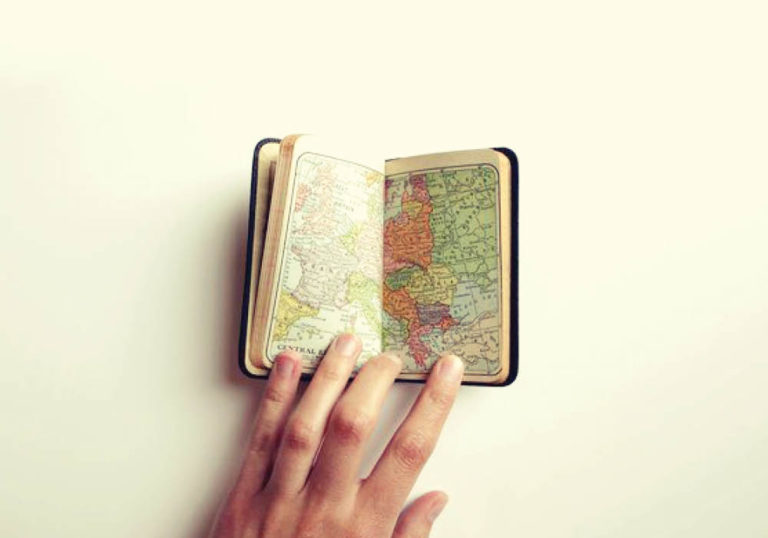When To Use Motherland vs. Fatherland

The terms motherland and fatherland both refer to one’s native country, one’s country of origin, or the home of one’s ancestors. So, what’s the difference between motherland and others fatherland?
What are the origins of motherland and fatherland?
Whether a particular group uses (their language’s equivalent of, if they have one) motherland or fatherland is a matter of culture, tradition, or, in some instances, personal preference.
In English, fatherland is the older of the two. It’s first recorded in the early 1200s and may be influenced by the Latin patria, meaning “fatherland.” Motherland is attested by the mid-1500s; we can find the French equivalent, terre mere, slightly earlier.
Who uses motherland?
The people of some countries have historically personified their country in feminine ways. To them, their home country is (in translation) the motherland. For example, a common personification of Russia is Mother Russia (Matushka Rossiya). During the movement for Indian independence of the late 1800s, the concept of Bharat Mata (or Mother India) emerged. Both of these personifications have been linked to ancient mother goddesses.
Indeed, languages and cultures have long personified the earth (and creative forces more generally) as female. English has Mother Earth (recorded since the 1500s), with antecedents in the Latin Mater Terra and German Mutter Erde. Mother goddesses abound in world culture.
Who uses fatherland?
Some cultures personify their lands as masculine. The German national anthem features verses that translate to “Unity and justice and freedom / For the German fatherland!” (German, Vaterland).
The Netherlands (Dutch, vaderland), as well as the Scandinavian countries, have similar forms of fatherland. Among many others, people of the Slavic (e.g., Czech, otčina) and Baltic nations (e.g., Estonian, isamaa) also tend to refer to their homeland as the fatherland.
Even in English in fatherland can convey patriotic connotations. Let’s revisit Latin patria. That word comes from the Latin for “father,” pater, which is related to the English word … patriot.
When did people start saying homeland?
We have yet another option in English: homeland. It can mean “one’s native land” or “the home of one’s ancestors.” It’s slightly younger than fatherland and motherland, attested in the early 1600s. Early uses of homeland have the sense of “domestic,” as opposed to “foreign,” e.g., homeland business.
This sense of homeland survives today in phrases like homeland security. While the phrase dates back to the 1930s, it spread in the early 2000s in the US with the creation of the Department of Homeland Security after 9/11. The department specifically deals with threats of terrorism, whereas national security encompasses a broader range of issues.
What do Americans say?
Use of terms like fatherland and motherland can sound very nationalistic (e.g., We must protect the fatherland!) when it’s not deliberately meant to be quaint or playful (e.g., Since living abroad for a decade, I have come to miss some things from my motherland, like free refills of soda).
Outside of political contexts, homeland can be more neutral, though it may come across a bit old-fashioned sounding today (Birthday celebrations are different in my homeland). According to Google Ngram data, homeland far outnumbers fatherland and motherland. This may be due to the political (“domestic, national”) uses of homeland.
Generally, Americans, when they want to refer to a place they emigrated from or where their ancestors were born, will simply refer to that country, e.g., Thailand, Nigeria, New Zealand, Ecuador. As in, I moved from Ghana to attend Harvard or My grandparents were born in Armenia.
But, this point is important. In the US, asking someone where they are from can be a sensitive topic and be considered a microaggression, especially if it’s asked in way that assumes an American citizen isn’t one because they are perceived to “look foreign” or have a “foreign-sounding name, e.g. “But where are you from, really?” The response may be something very different than any fatherland, motherland, or homeland.
Omaha, Nebraska. Kalamazoo, Michigan. America. The U. S. of A.